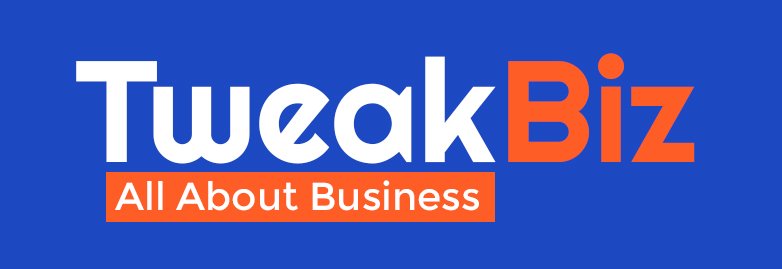Young people are emerging from college into the adult world prepared for almost everything—except, oftentimes, how to handle money. According to a 2017 BMO Wealth Management report, only 24 per cent of Canadian millennials (born between 1981 and 2000) demonstrate basic financial knowledge, and only 8 per cent are considered highly literate.
Though not a comprehensive list, but here are five basic tips to get you started:
Teach yourself basic budgeting
The process of sitting down with a spreadsheet, calculating your income, and comparing it to your fixed and non-essential expenses can be nerve-wracking, but once you get in the habit of doing it, it also gives you a sense of control.
It’s for this reason that alternative finance companies like Skycap Financial—which specialize in short term loans—introduced a free program to teach money basics to its clients. SkyCap Financial believes that money and finance are vitally important but ignored in the modern education system. Many people reach adulthood with little knowledge about how to spend and save the money they earn, and even less about how to improve their finances down the road. In the real world, spending way beyond your means can spell trouble for years ahead if you don’t nip it in the bud.
Set financial goals today
Where do you want to be in five years? In ten? Whatever you’d like to do, whether it’s to qualify for a mortgage or pay off your student loan—or both—you’ve got to walk the necessary steps back to give you a plan of action today.
Invest now, reap later.
They say the best time to plant a tree is 50 years ago, and the next best time is today. Investing money is like that, too. The sooner you start, the better. Even a small amount invested monthly in your twenties onward will reap more than a larger investment started at a much later age. This idea of investing first and reaping later can be applied to what you spend your money on, too. Money spent on a vacation may supply lovely memories, but the same amount spent on an educational course instead might advance your career and earning power—and help you pay for a better vacation later.
The cashless society can be a budget killer.
The old-style budgeting habit of spending cold, hard cash, divvied up in envelopes to track weekly expenditures is not as popular as it used to be. It still works very well if you’re so inclined, but anyone under age 35 has grown up with the technological changes that portend a cashless society—and they prefer it. In fact, “in 2016, Moneris, a Canadian debt and credit processing company, predicted that by 2030, cash will represent only 10 per cent of transactions made in Canada”.
Still, the use of debit and credit cards and online transactions can make money invisible, and the ease of spending requires vigilance to keep yourself on budget. You can check out an online app like Mint or YNAB (You Need a Budget), to keep you on track.
Limit your convenience buys, because they add up.
Your morning coffee, for example, purchased on the way to work with a swipe of your debit card. Three dollars a day adds up to $15 a week. Fifteen dollars a week adds up to $60 per month…and what if you buy a coffee on the way home, too? Get up 15 minutes earlier and bring your own coffee to work. It’s called delayed gratification, and growing those muscles will help you in many aspects of life besides finances.

